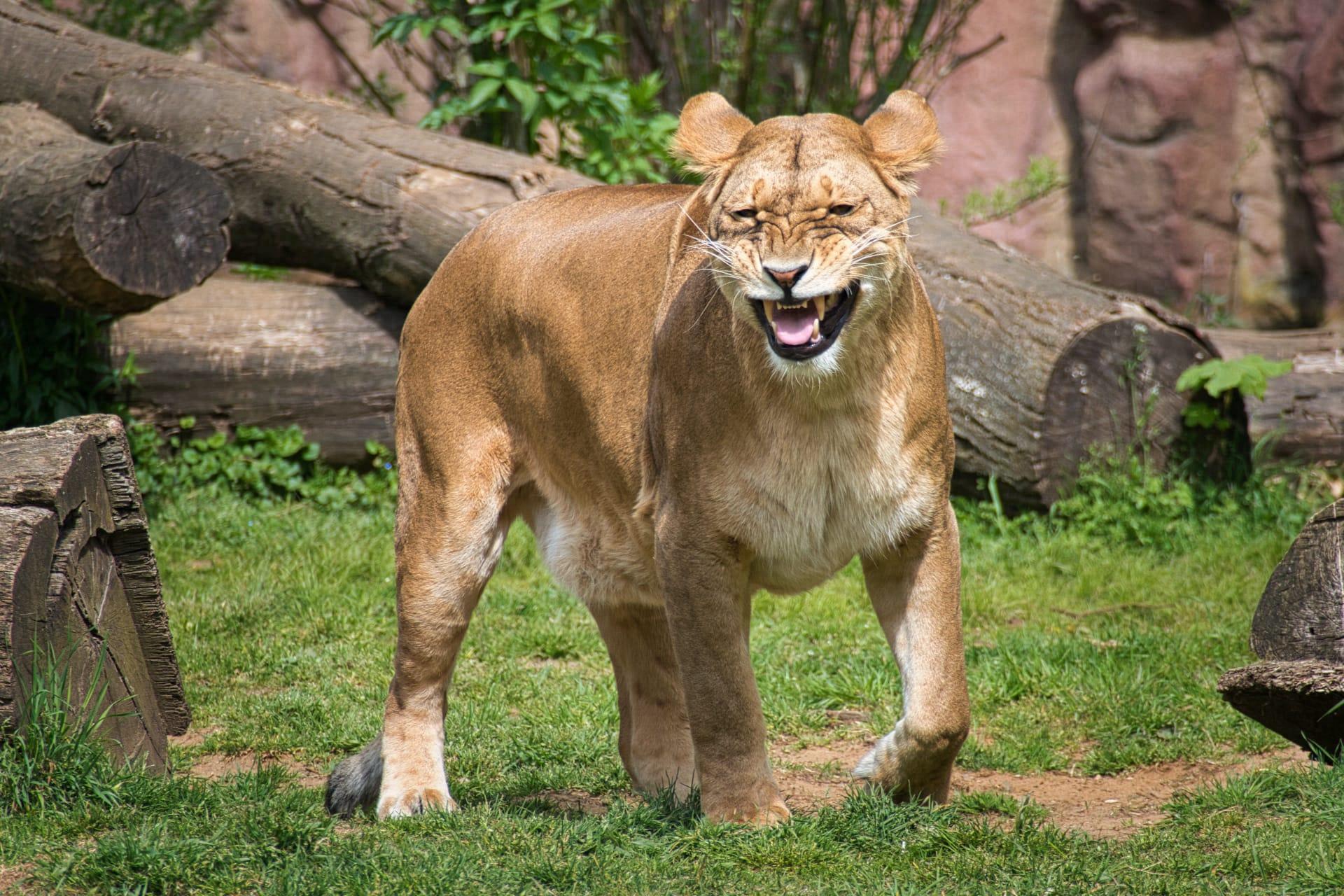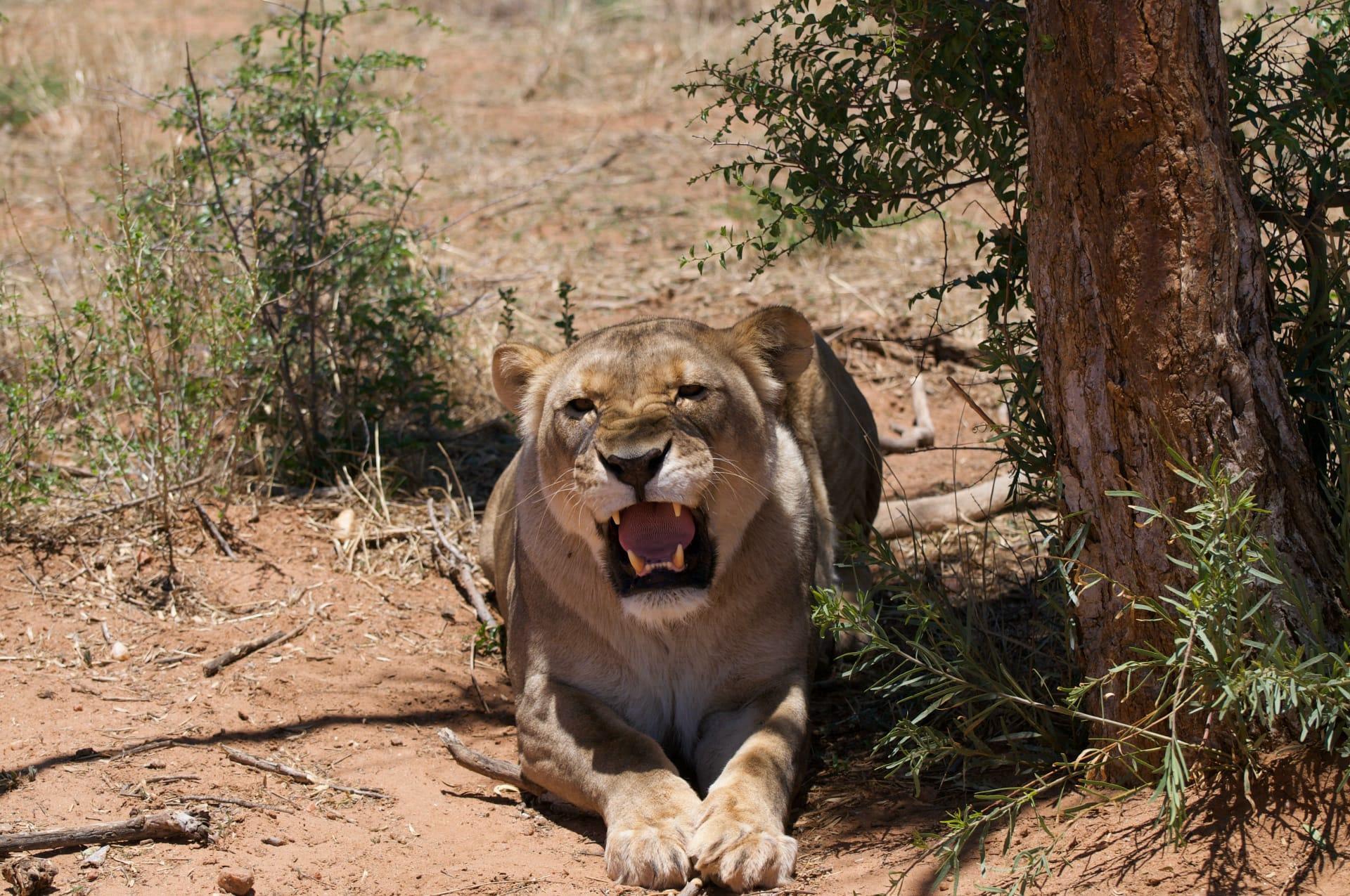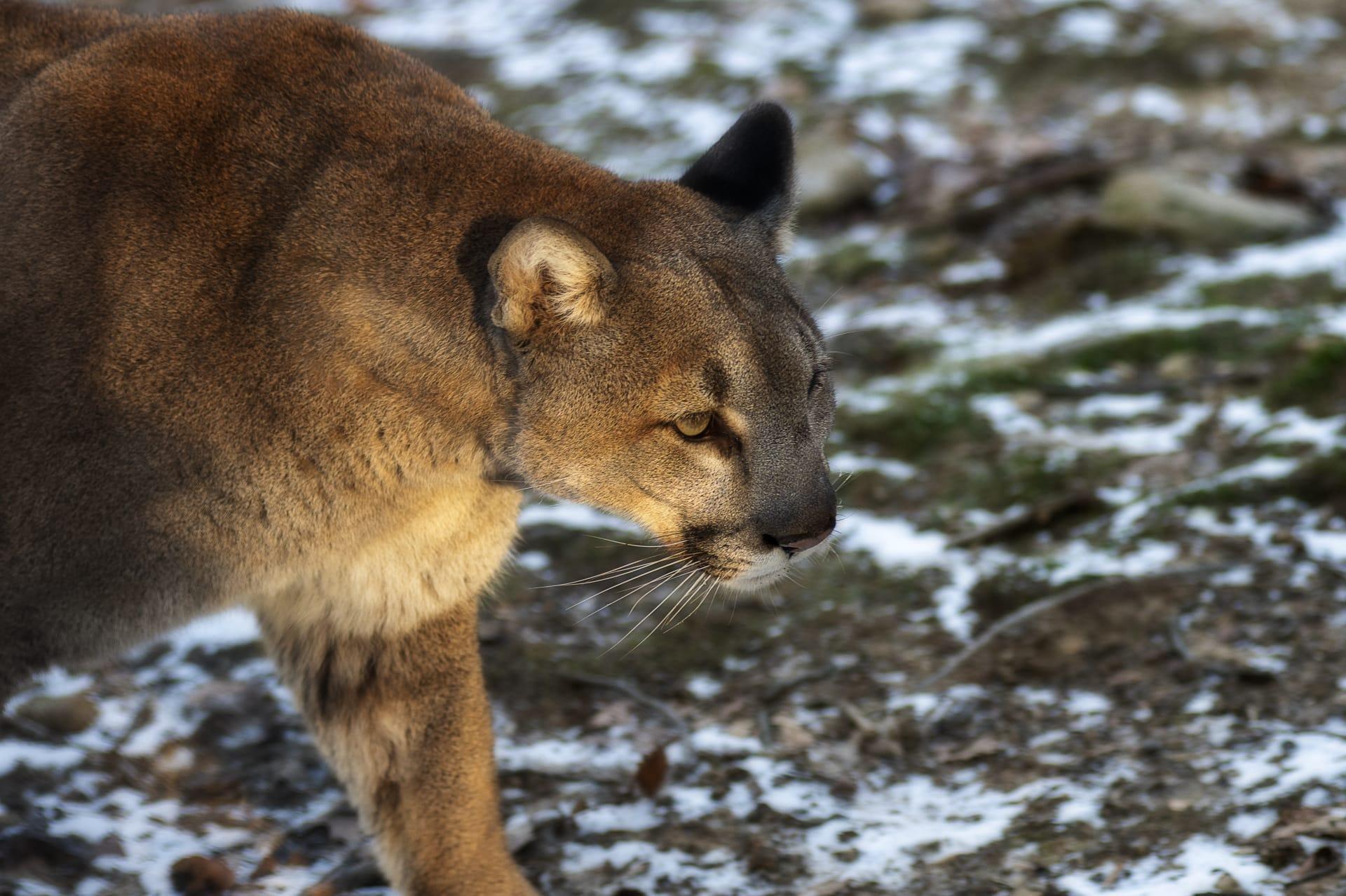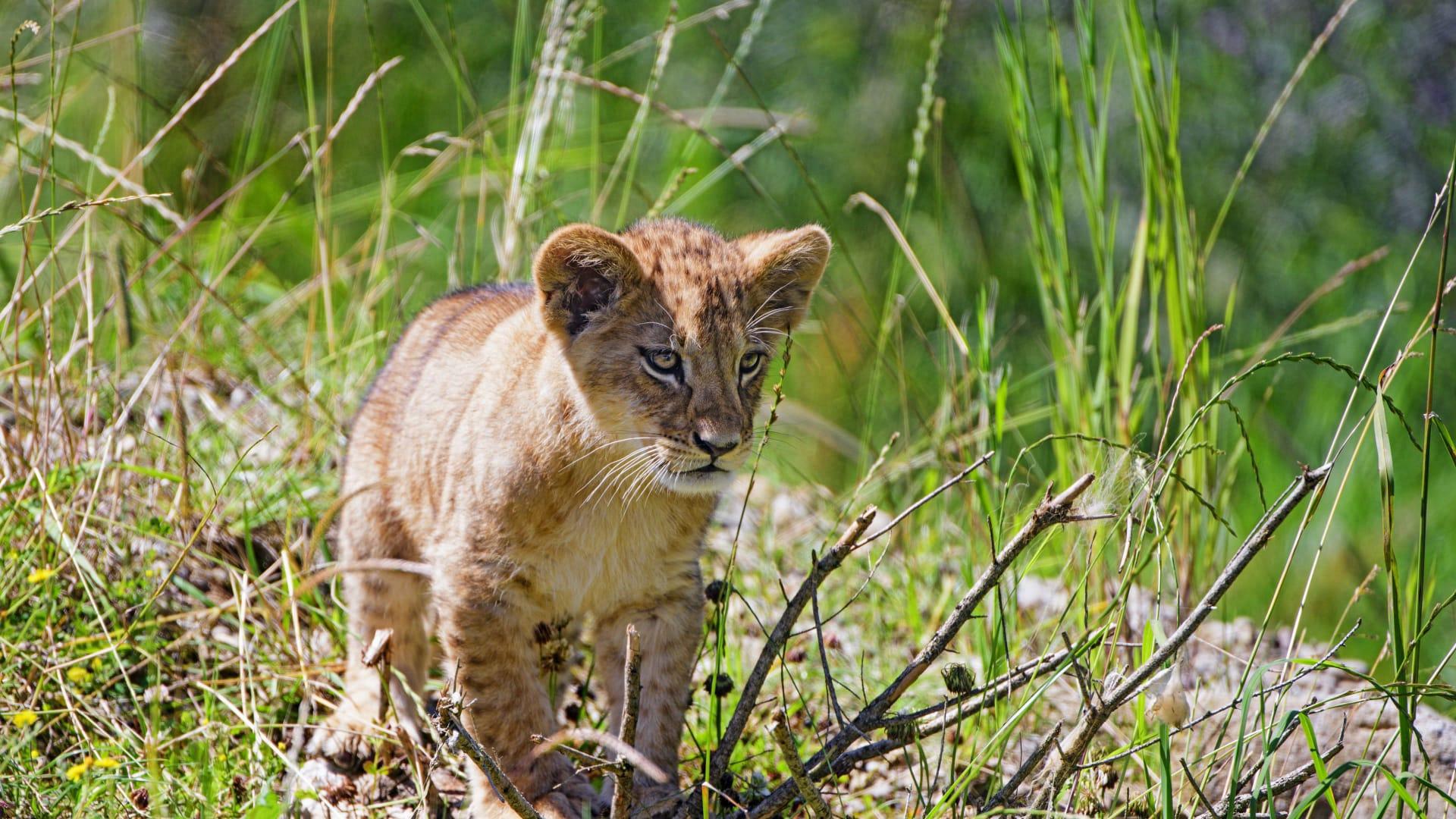Cougar Trivia
- Home /
- Trivia Question /
- Animal /
- Cougar Trivia
1
Question: How big can a cougar get, and what is their typical lifespan in the wild?
Answer: Cougars, also known as mountain lions or pumas, can grow quite large. Males typically weigh between 115 to 220 pounds (52 to 100 kilograms) and can measure up to 8 feet (2.4 meters) in length, including their tail. Females are slightly smaller. In the wild, cougars have a lifespan of about 8 to 13 years. Their size and power are crucial for their role as apex predators in their habitat.
Question: What do cougars primarily eat, and how do they hunt?
Answer: Cougars are carnivores with a diet mainly consisting of deer, although they also hunt smaller animals like coyotes, raccoons, and rodents. They are solitary hunters, using the element of surprise to their advantage. A cougar will typically stalk its prey and pounce from a short distance, aiming to deliver a fatal bite to the neck or back of the head. They're known for their incredible jumping and climbing abilities, which aid them in both hunting and evading threats.

2
Question: Are cougars a significant threat to humans?
Answer: Although cougars are powerful predators, attacks on humans are rare. Most cougars avoid areas heavily populated by humans and are naturally wary of our presence. In the past century, there have been less than 30 fatal cougar attacks in North America. It's important to remember that while they are not a significant threat, being cautious and aware in cougar territories is always advisable.
Question: Is it true that cougars are only found in the Americas?
Answer: Yes, cougars are native to the Americas. Their range is one of the most extensive of any wild terrestrial mammal in the Western Hemisphere, stretching from the Canadian Yukon to the Southern Andes in South America. This vast range shows their adaptability to various habitats, including forests, mountainous regions, and even arid desert areas.

3
Question: How do cougars communicate with each other?
Answer: Cougars use a variety of methods to communicate. They are known to produce vocalizations like growls, hisses, and whistles. Interestingly, they can also purr like a domestic cat. Besides vocalizing, they use visual and olfactory cues, such as scratching trees or urinating to mark their territory and indicate their presence to other cougars.
Question: Do cougars live in groups or are they solitary animals?
Answer: Cougars are notably solitary creatures, a unique trait among large cats. They prefer to live and hunt alone, coming together only during mating season. Each cougar has its own territory, and they are very territorial, especially males. Their solitary nature plays a key role in their hunting strategies and social structure.

4
Question: How do cougars adapt to different climates and habitats?
Answer: Cougars are incredibly adaptable to various environments. Their physical attributes, like powerful limbs, help them in both climbing and sprinting, which is essential in different terrains. They have a wide range of fur colors that blend with multiple environments, from snowy mountains to dense forests. This adaptability is key to their survival in diverse climates across the Americas.
Question: What role do cougars play in their ecosystem?
Answer: As apex predators, cougars play a crucial role in maintaining the balance of their ecosystem. By controlling the population of their prey, mainly deer, they help prevent overgrazing. This cascading effect maintains the health of the vegetation and, consequently, the overall health of the habitat. Their presence indicates a healthy, balanced ecosystem.

5
Question: How do mother cougars take care of their cubs?
Answer: Female cougars are solely responsible for the care of their cubs. After a gestation period of about 90 days, they give birth to a litter of one to six cubs. The mother will nurse them, teach them to hunt, and protect them fiercely until they are around 15 to 18 months old, when they start to become independent.
Question: Are cougars endangered, and what are the main threats they face?
Answer: Cougars are not currently listed as endangered, but their population faces several threats, including habitat loss, conflict with humans, and hunting. In some regions, their numbers have decreased significantly. Conservation efforts are focused on habitat preservation and minimizing human-cougar conflicts to ensure the survival and stability of their populations.